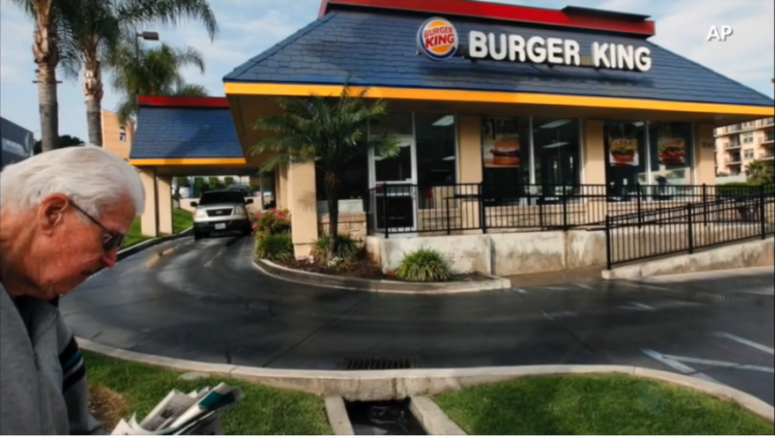China meat scandal hits Starbucks, BK, Papa John’s
The Chinese meat scandal expanded to at least three new, major fast-food brands and one new nation on Tuesday, and more are expected to soon join the embarrassing fray.
Burger King, Starbucks and Papa John’s all said they, too, have stopped using any meat from the suspect supplier. At the same time, the crisis spread to Japan, where McDonald’s confirmed some of its Chicken McNuggets were made with meat from the supplier, Husi Food.
At issue: A warning signal is flashing for the world’s largest fast-food brands in the world’s biggest growth market. Food safety concerns, taken very seriously by Chinese consumers, have now spread to the major American brands that many Chinese consumers presumed were above that. Suddenly, giants such as McDonald’s, Yum Brands and Starbucks have to earn back the trust of consumers in a growth market where they can least afford image damage.
What to do at this critical juncture?
“I think that all companies need to take an active role in regulating their supply chains,” says Steven Addis, CEO of Addis, a brand-consulting firm. “McDonald’s and Yum Brands in China should announce permanent food-safety procedures where all of their ingredients go through quality-control testing to assure the public of safety.”
They stopped short of that action on Tuesday. But in a conference call with analysts, McDonald’s CEO Don Thompson said McDonald’s is taking the allegations very seriously. “If those things are confirmed at a higher level, we will deal with that effectively, swiftly and appropriately,” he said.
Thompson also noted, for the first time, that the supplier in question tried to fool McDonald’s. While the company does audit its suppliers, Thompson said, “We do feel we were a bit deceived relative to one of these plants.” He did not get more specific.
Chinese authorities expanded their investigation of the meat supplier, Shanghai company Husi Food. A day after Husi’s food-processing plant in Shanghai was sealed by the China Food and Drug Administration, the agency said Tuesday that inspectors also will look at its facilities and meat sources in five provinces in central, eastern and southern China.


